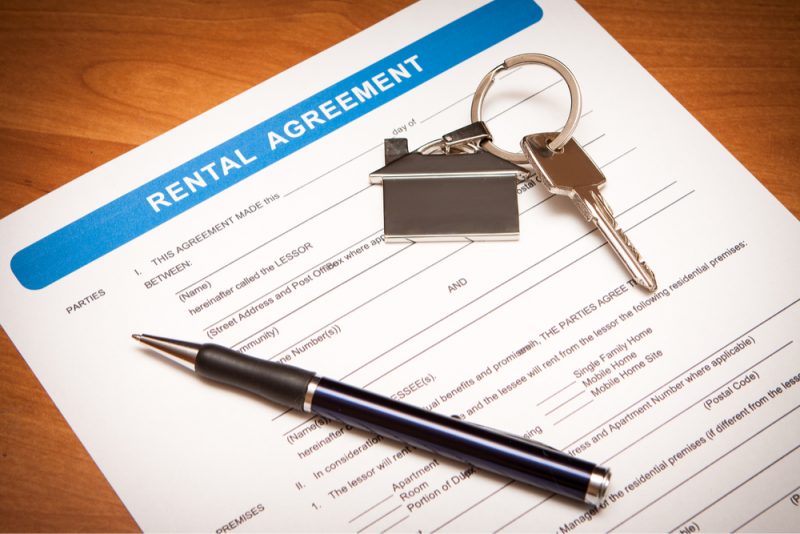As a landlord, you are bound to encounter some troublesome tenants from time to time, especially the kind that fails to pay their rent. Typically, laws that aim to protect landlord-tenant relationship lean more toward the tenants. However, landlords also have the right to protect themselves. You have rights, and you may take the appropriate legal actions against non-paying tenants.

Legally Handling Non-Paying Tenants
As a landlord, you cannot handle non-paying tenants in a crass manner. There are many laws and procedures surrounding the interaction between landlords and tenants. To save yourself all the trouble and costs of legal proceedings, you have to know your rights and how to properly impose them.
- Put everything into writing
To ensure that everyone is on the same page, you have to make a legally binding contract that states the amount of rent to be paid, when it is due, and any other agreements you may want to add.
Depending on the specifics of your arrangement, you may change the amount of rent and when to collect. You cannot do this, however, without prior notice.
- Respectfully collect payment
Make fair collections abiding by what has been stated in your previous agreements. You may present official documents to support your claims.
You cannot and should not harass or coerce your tenants into giving their payments. Neither can you ambush them and force them to pay without telling them about the collection in advance.
- Send an eviction notice
If payment is not received, and there seems to be no other resolve, you have the right to give your tenant an eviction notice. It is illegal to lock them out of their own dwelling or physically force them out.
If all else fails, you must go through legal processes. You must be careful, however, with all the legal procedures you have to undertake for a lawful eviction. The correct process must be followed. You must study the Prevention of Illegal Eviction from Unlawful Occupation of Land Act, No. 19 of 1998, also known as the PIE Act.
- Follow lawful eviction procedures
It is stated that at least 20 days must be given in order to fix everything. Landlords cannot evict their tenants only after a day, for example, of unpaid dues. Appropriate time must be given for a chance to rectify.
If the time frame has lapsed, the landlord may issue a summons with an automatic rent interdict. Failure to respond means that the landlord may terminate the lease. Without the lease, the tenant will now become an illegal occupier and may be legally evicted.
How to Avoid this Problem
Exercising diligence is a great way to avoid this problem. Screen and choose your tenants. A good agency may even help you in checking out their credit rating, employment status, and references. Keep all recordings of every transaction so you may present these if needed.
Are you having problems with non-paying tenants? Do not be afraid to approach a real estate lawyer to help solve your disputes. Legal action may be the best to go when it comes to imposing your rights as a landlord.
Written by The VanMatre Law Firm, one of the top real estate attorneys in Columbia, MO.



